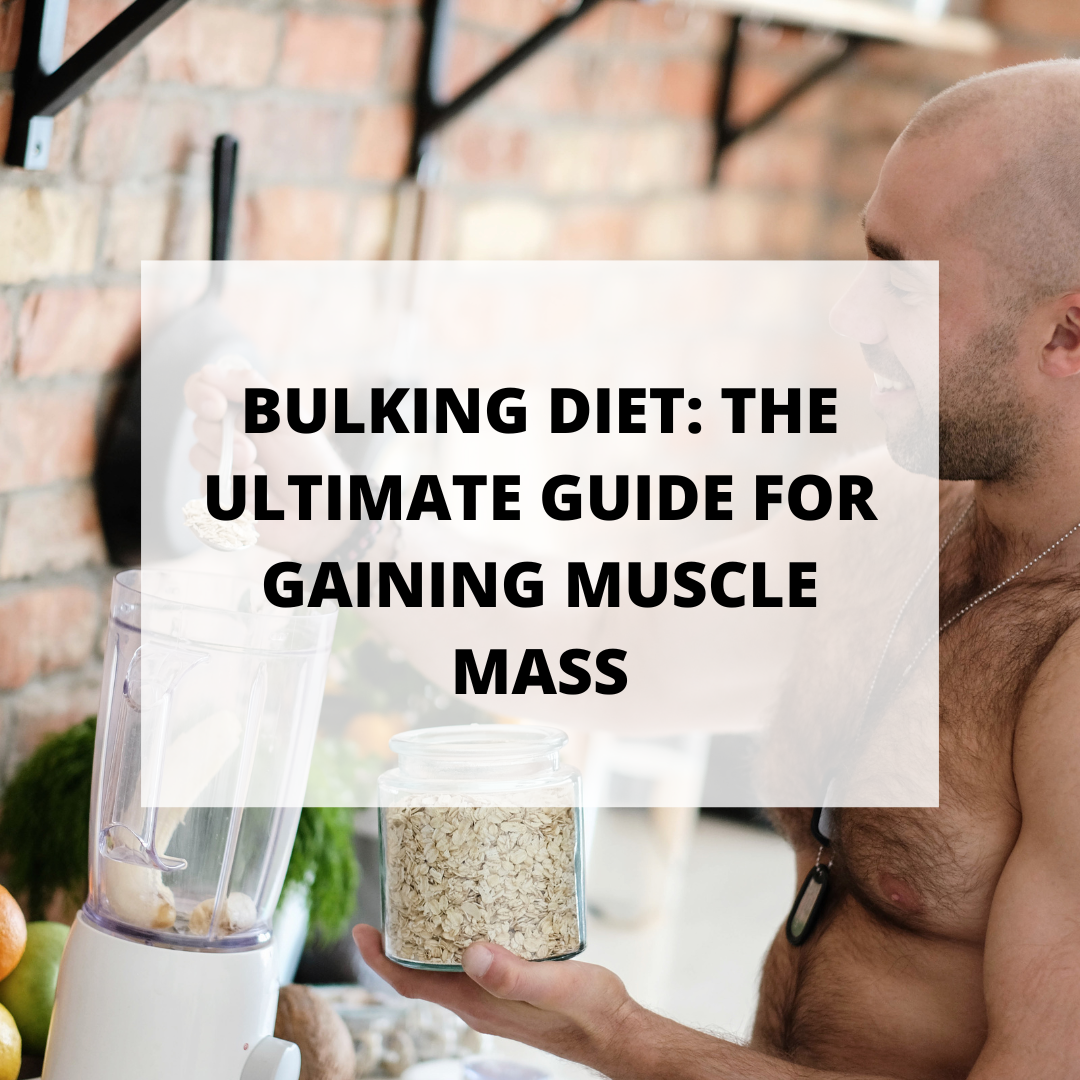Blitz News Digest
Stay updated with the latest trends and insights.
Eat Big, Lift Bigger
Unlock your ultimate strength potential! Discover powerful tips on nutrition and workouts to eat big and lift bigger than ever before!
The Ultimate Guide to Meal Prep for Weightlifting Success
Meal prepping is an essential strategy for anyone focused on achieving weightlifting success. By planning and preparing your meals ahead of time, you can ensure that you're fueling your body with the right nutrients to maximize your workouts. Start by identifying your caloric needs and macronutrient ratios, which will vary based on your individual goals. A good rule of thumb is to include a balance of proteins, carbohydrates, and healthy fats in each meal. Once you have a plan, choose a specific day each week to dedicate to meal prep—this is when you’ll batch cook proteins, roast vegetables, and prepare complex carbs to store in portioned containers.
To make your meal prep process efficient and sustainable, consider organizing your meals into different categories:
- Protein Sources: Grilled chicken, turkey, tofu, or beans
- Carbohydrates: Quinoa, brown rice, sweet potatoes, or whole grain pasta
- Vegetables: Broccoli, spinach, bell peppers, or mixed greens
- Snacks: Greek yogurt, nuts, or protein bars
By having these items ready to go, you can easily assemble balanced meals that will support your weightlifting regime and recovery. Remember, the key to long-term success is consistency, so make meal prepping a habit and watch your strength and gains improve!

Top 5 Nutrient-Dense Foods to Fuel Your Lifts
When it comes to fueling your lifts, incorporating nutrient-dense foods into your diet is essential for optimal performance and recovery. Here are the top 5 nutrient-dense foods that can help you maximize your strength training:
- Leafy Greens - Packed with vitamins, minerals, and antioxidants, leafy greens like spinach and kale are low in calories but high in nutrients, making them an ideal choice for anyone looking to boost their lifting power.
- Quinoa - This gluten-free grain is a complete protein, containing all nine essential amino acids, along with fiber, magnesium, and iron. Quinoa supports muscle repair and growth, making it a powerhouse for any lifting routine.
Continuing on our list, we have:
- Salmon - Rich in omega-3 fatty acids and high-quality protein, salmon not only supports heart health but also aids in reducing inflammation, allowing for better recovery post-workout.
- Nuts and Seeds - A great source of healthy fats, protein, and fiber, nuts and seeds provide the energy you need to fuel intense lifting sessions while also promoting muscle recovery.
- Sweet Potatoes - These vibrant tubers are loaded with carbohydrates, vitamins, and minerals, offering sustained energy for your workouts and aiding in recovery with their high antioxidant content.
How Many Calories Should You Eat to Maximize Muscle Gain?
To effectively maximize muscle gain, it is essential to understand your daily caloric needs. Generally, the total number of calories you should consume depends on various factors, including your age, weight, height, and activity level. A common guideline is to aim for a caloric surplus of about 250 to 500 calories above your maintenance level. This means that if you require 2,500 calories daily to maintain your current weight, you should consider consuming between 2,750 and 3,000 calories to stimulate muscle growth.
In addition to total caloric intake, the macronutrient composition of your diet plays a critical role in muscle gain. It is recommended to consume approximately 10-35% of your calories from protein, which supports muscle recovery and growth. Carbohydrates should make up around 45-65% of your total caloric intake, providing the necessary energy for your workouts. Finally, healthy fats should account for 20-35% of your daily calories. This balanced approach not only maximizes muscle gain but also enhances overall performance and recovery.